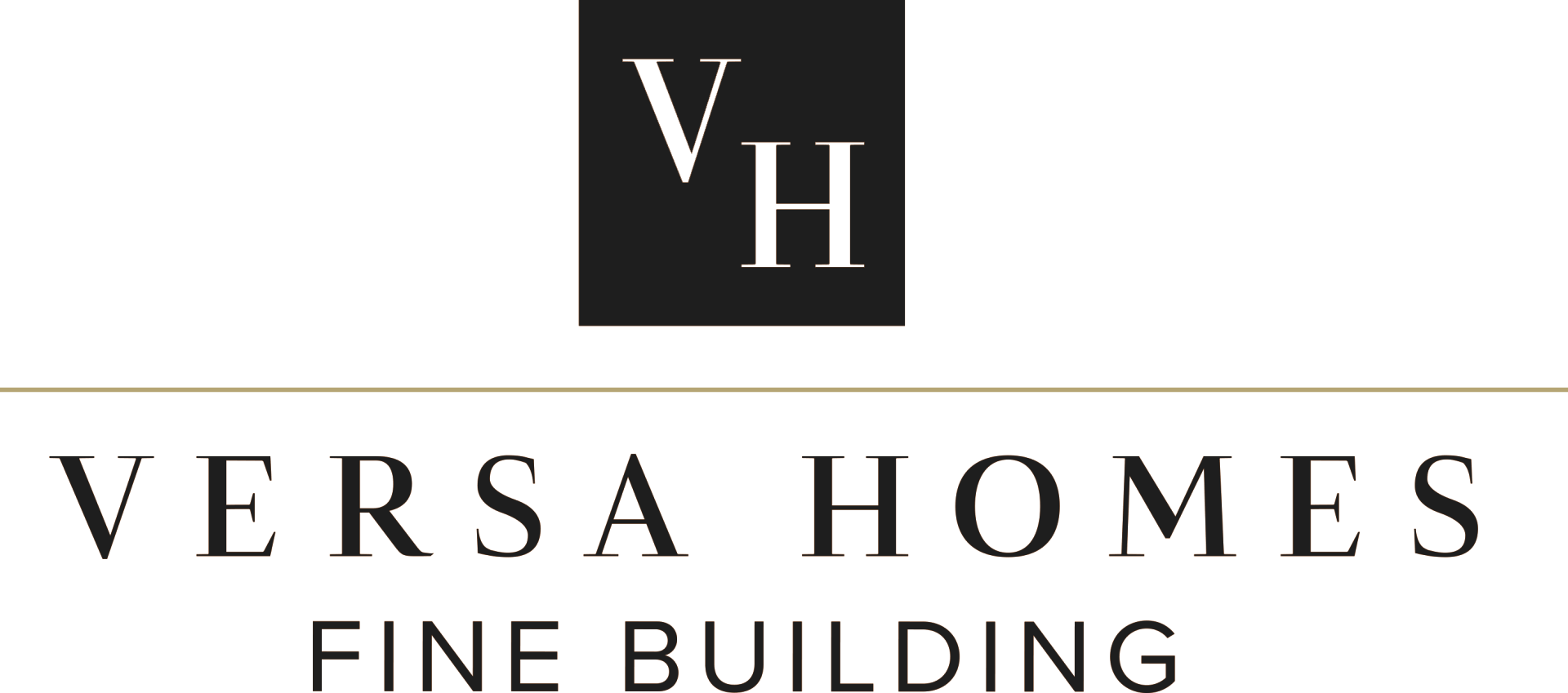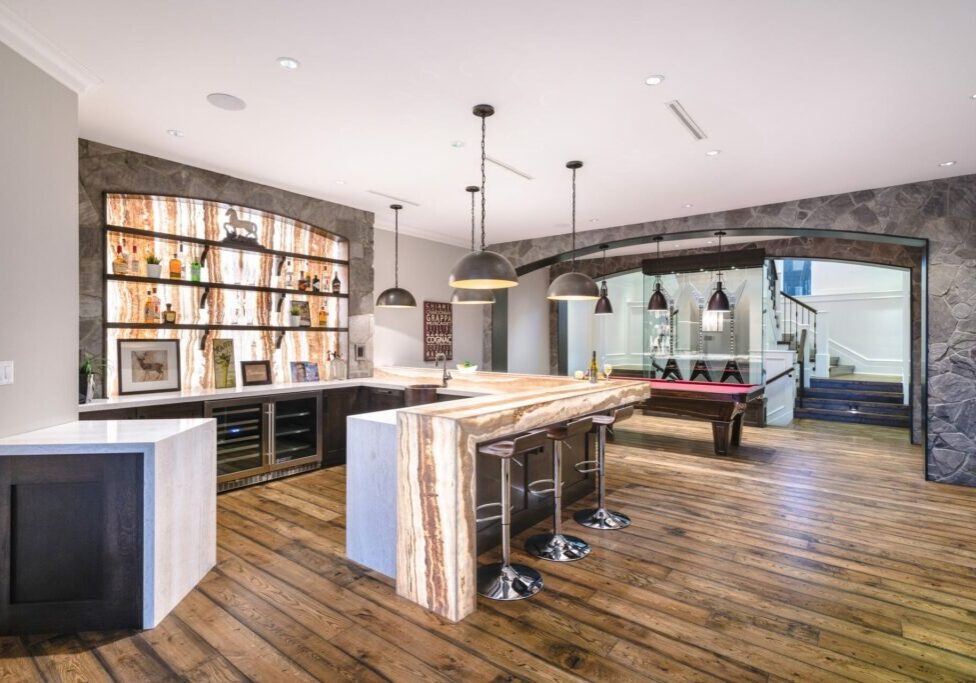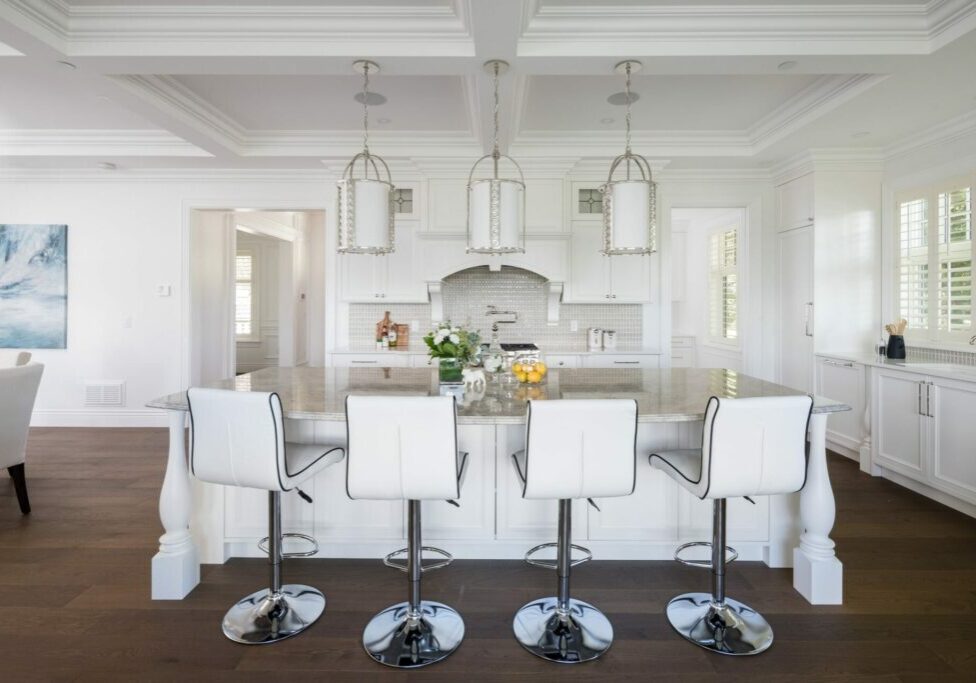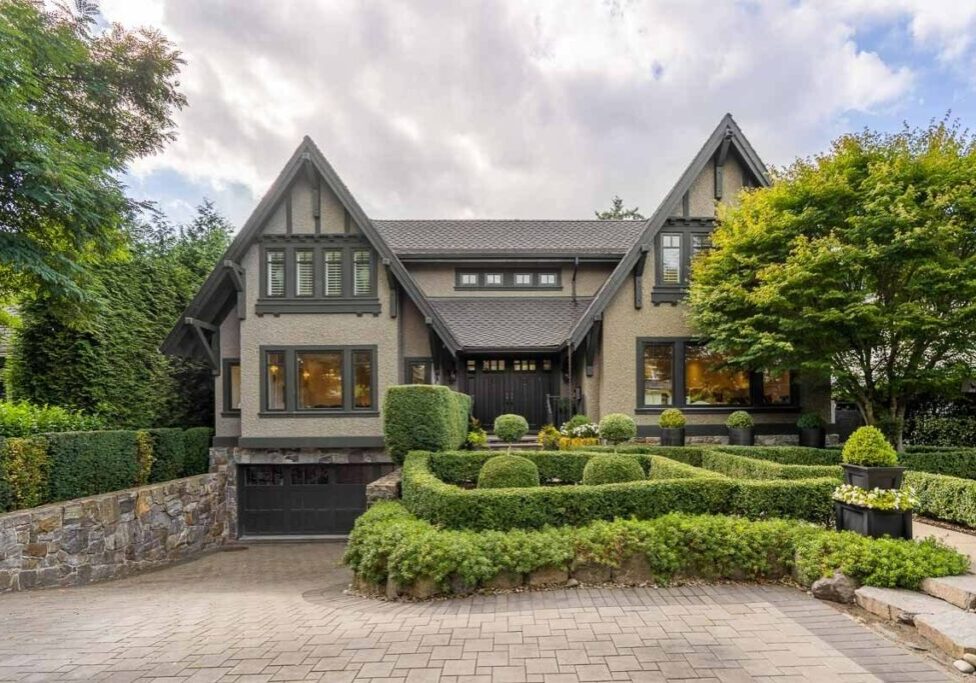
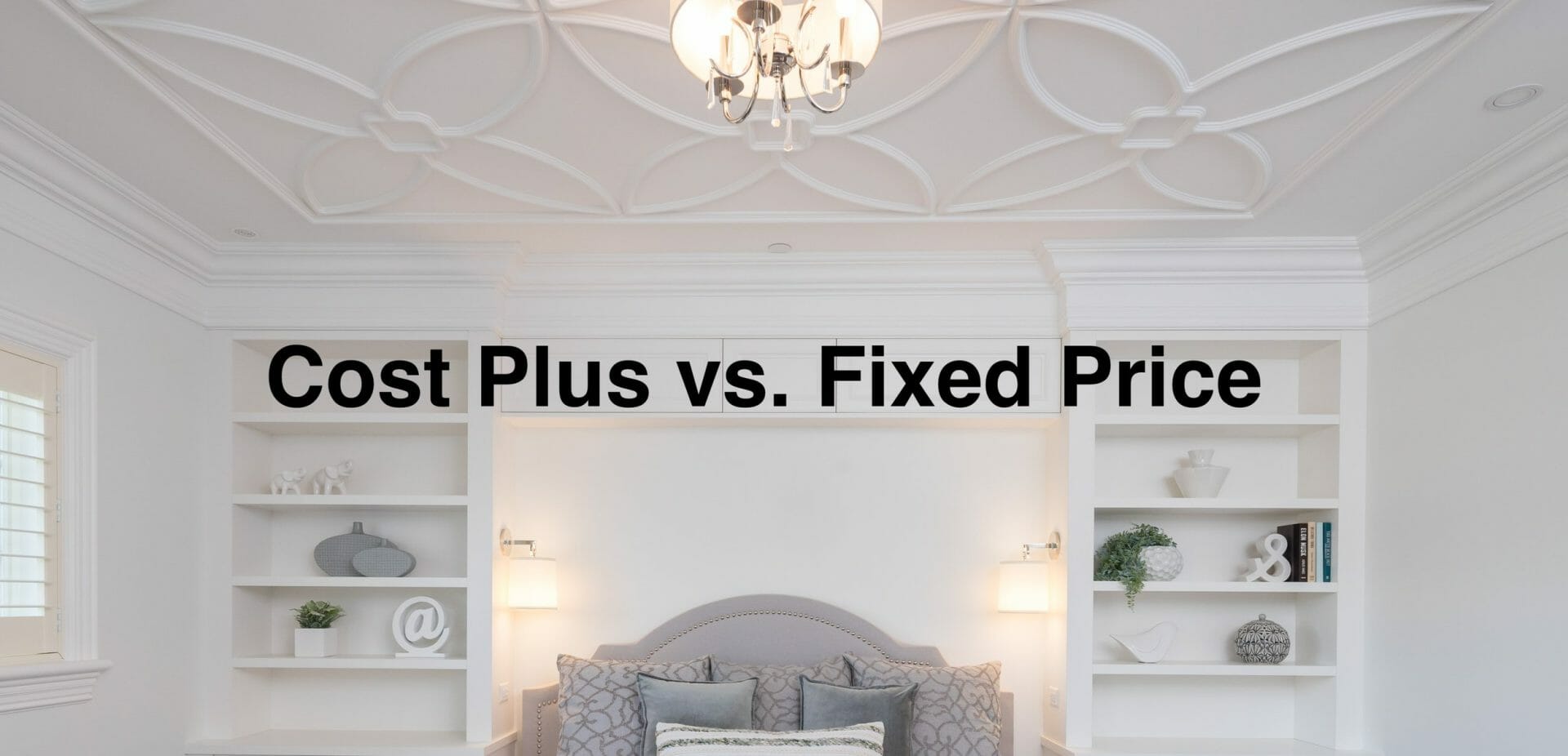
Building a custom home is a major investment for any homeowner. We understand that building a home requires a significant amount of time, effort, and money, making it crucial to choose the right pricing model for the construction project.
As homeowners, it’s essential to understand the differences between the two most common pricing models used in home building: fixed price and cost plus. A fixed price is a set price agreed upon between the homeowner and the contractor for the entire custom home building project. A cost-plus pricing model, on the other hand, is where the home owner pays for all direct cost (all materials and labour pertaining to the actual job site) & indirect cost (office staff, insurance, equipment repair and maintenance, project manager, estimator salaries, insurance, office supplies, administrative salaries etc.) plus a percentage markup for the contractor’s net profit.
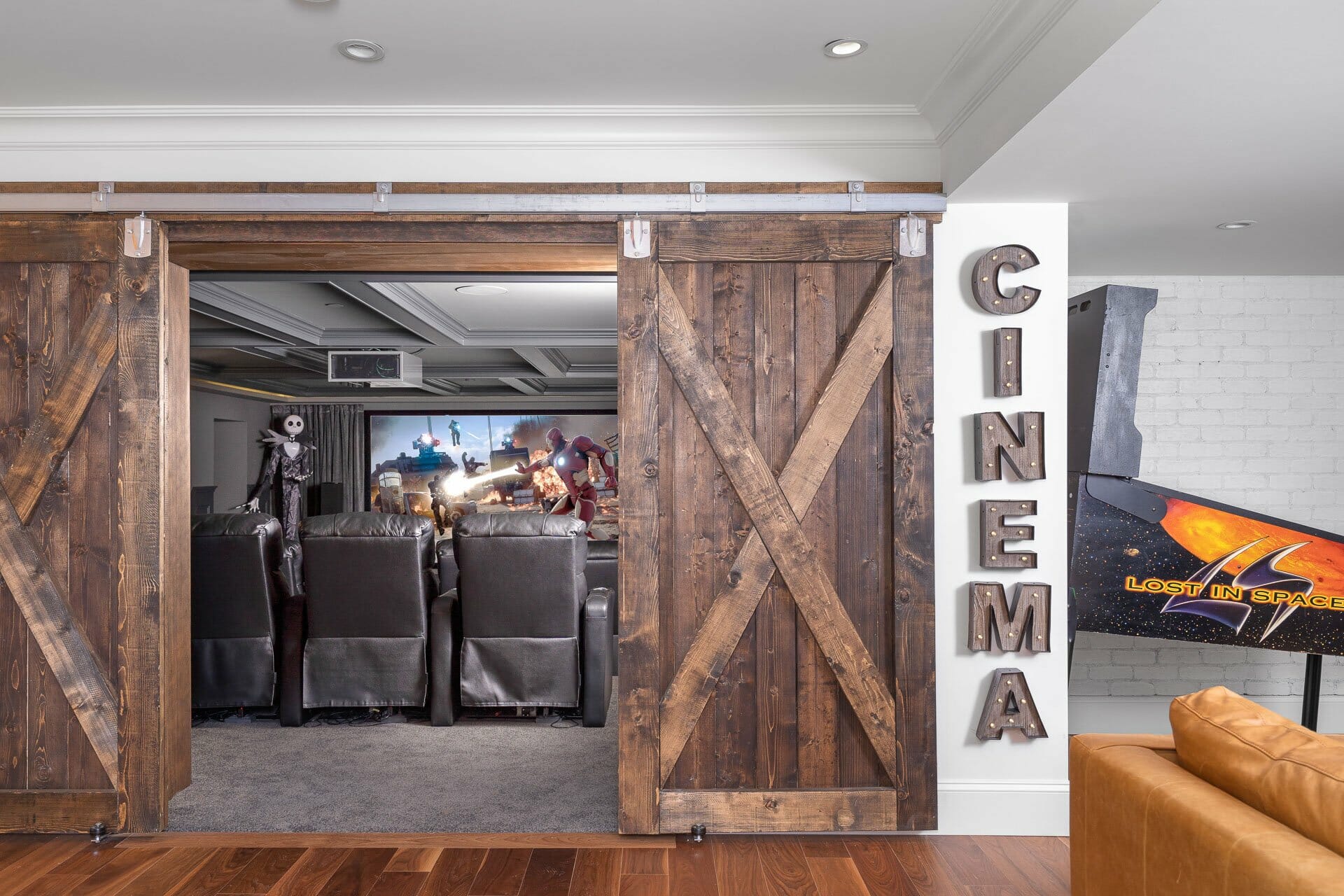
Now, let’s dive into why a fixed price may be a better option for homeowners when building their custom homes.
Better Predictability:
With a fixed price, homeowners can accurately predict the total cost of the construction project. This is because the price is predetermined and agreed upon before the custom home construction process begins, giving homeowners a clear understanding of the total cost. On the other hand, with cost plus, homeowners are at the mercy of the contractor’s expenses, making it difficult to predict the total cost accurately. Usually a budget is given by the cost plus contractor, but a budget is very different from a fixed quote. 99% of the time budgets are never accurate and a fixed price does not change unless the client changes the scope of work.
More Transparency:
A fixed price model is more transparent than cost plus. The contractor has to provide a detailed scope of work by using interior design, showing all specifications and building the custom home as per the architectural plans for your construction project. This breakdown helps homeowners understand what they are paying for and can help prevent any surprises along the way. With cost plus, there may be hidden costs that are not disclosed until the end of the project, leading to disputes and mistrust between the homeowner and contractor.
Incentive for Efficiency:
A fixed-price model provides an incentive for contractors to be more efficient in their work. Since the price is predetermined, they must be very organized and meet schedules in order to be profitable. Therefore, you are way more likely to get your home on time and definitely on budget. Cost-plus, on the other hand, provides an incentive for contractors to spend more on materials and labor since their profit is tied to the total cost of the custom home construction project. The longer they take the more it will cost you.
Reduced Risk for Homeowners:
A fixed price model reduces the risk for homeowners since they are not responsible for any overages that may arise during the construction process. The contractor has to cover any additional costs that may arise unless it is an unforeseen situation, providing homeowners with peace of mind. With cost plus, homeowners are responsible for any additional costs that may arise, putting them at risk of going over budget for their custom home.
Better Project Management:
A fixed price model provides better project management since the contractor is responsible for managing the budget and ensuring that the custom home project is completed within the agreed-upon price. This ensures that the project is completed on time and within budget. Cost plus, on the other hand, may lead to delays and budget overruns. Since the homeowner is responsible for the cost plus the fee, the contractor has no risk.
At Versa Homes, we believe a fixed price model is a better option for homeowners when building their own custom home. It provides predictability, transparency, incentives for efficiency, reduced risk for homeowners, and better project management. Homeowners should consider these factors when selecting a pricing model for their custom home building project to ensure that they get the best value for their investment.
Curious about the cost of building your dream home?
Use the Versa Homes quick budget tool to get an estimate and take the first step toward your new home today!
